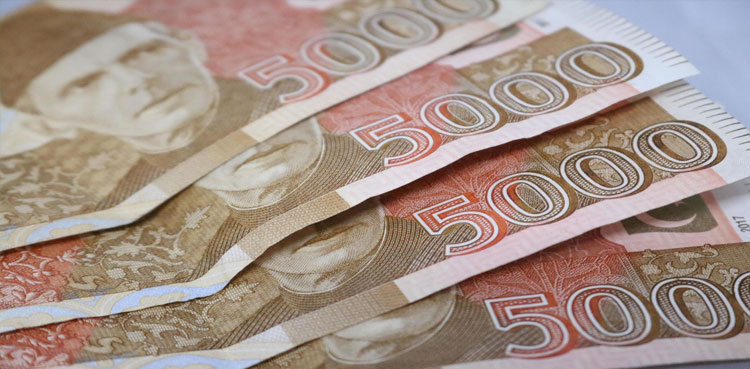The Government of Pakistan has successfully renegotiated agreements with Independent Power Producers (IPPs), resulting in lifetime savings of approximately Rs1.3 trillion. These revisions aim to alleviate the financial burden on electricity consumers by reducing tariffs and addressing inefficiencies within the power sector.
Background on Capacity Payments
Electricity consumers in Pakistan have been annually contributing between Rs2.5 to 2.8 trillion to IPPs as capacity payments. Notably, certain IPPs received payments without generating any electricity, a consequence of unfavorable agreements established in the past. To rectify this, the current administration initiated renegotiations with IPPs to decrease these capacity payments. This strategic move has already facilitated a reduction of Rs7 per unit in electricity tariffs, with ongoing efforts to ensure that consumers fully benefit from these savings.
Government’s Initiatives and Future Plans
During a recent cabinet meeting, Power Minister Sardar Awais Ahmad Khan Leghari presented a comprehensive review of both current and forthcoming policies designed to enhance the efficiency of the power sector. Key initiatives include:
- Tariff Reductions: A national reduction in tariffs by Rs4.96 over the past eight months.
- Renegotiated Agreements: Successful renegotiation with 14 IPPs and eight bagasse-based IPPs, securing lifetime savings of Rs1.333 trillion.
- Demand Stimulation Policies: Implementation of strategies aimed at boosting electricity demand to optimize resource utilization.
- Power Sector Reforms: Plans to convert imported coal-based power plants to Thar coal, develop an Integrated System Plan, rationalize net metering, and reduce national circular debt.
- Solarization Projects: In Balochistan, out of 27,000 tubewells, 4,000 have been converted to solar power, resulting in savings of approximately Rs100 million by reducing losses in the power sector.
Enhancing Sector Efficiency
The government has also focused on reducing inefficiencies within Distribution Companies (DISCOs). Policies have been implemented to improve governance, alongside efforts to enhance transmission and distribution efficiency. These measures are expected to further stabilize the power sector and ensure the sustainability of recent reforms.
Conclusion
The renegotiation of IPP agreements marks a significant milestone in Pakistan’s efforts to reform its power sector. The substantial savings and tariff reductions not only provide immediate relief to consumers but also contribute to the long-term financial stability of the energy sector. Continued implementation of these reforms is anticipated to address systemic inefficiencies and promote sustainable economic growth.



Comments (0)
No comments yet. Be the first to comment!
Leave a Comment